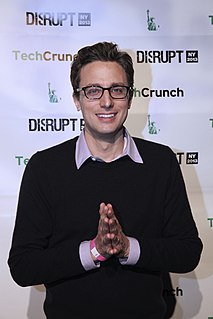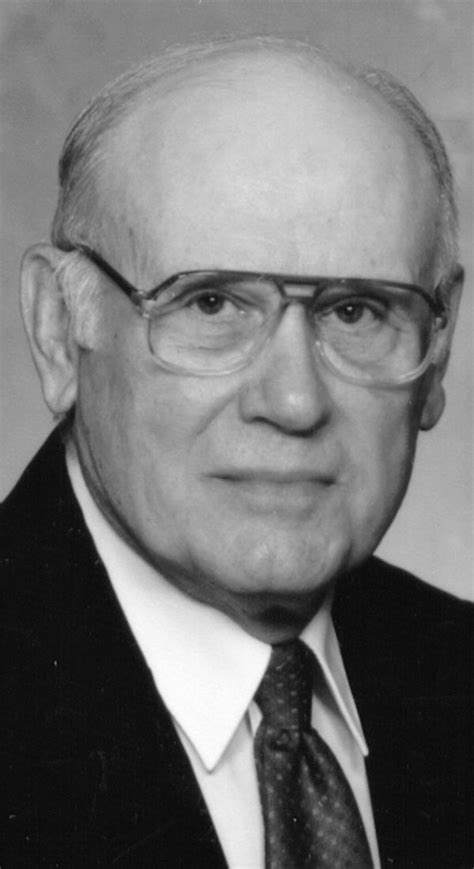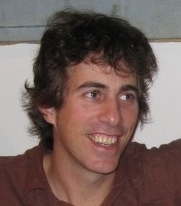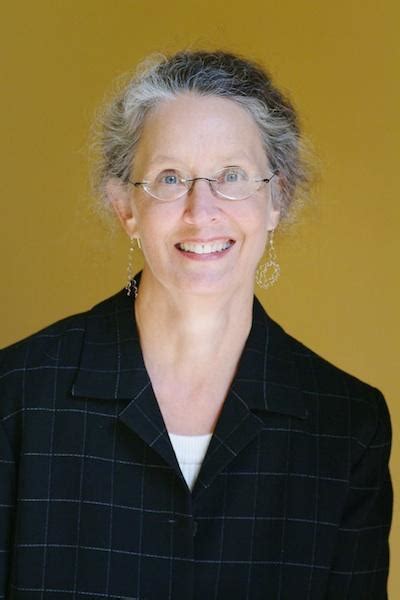A Quote by Nick Cave
The problem with books, now that I've written one, is that the idea of adaptation is so much easier than sitting down to write something new.
Related Quotes
I find that I end up liking songs if I really have an idea of something I wat to write about-some problem in my life or something I want to work through; if I don't have something like that at the root of the song, then I think I end up not caring about it as much. I gravitate towards some kind of concept or idea or situation that I want to write about. Very often I have to write, rewrite and come at it from an opposite angle...and I end up writing the opposite song that I thought I was going to write.
Only idiots or snobs ever really thought less of 'genre books' of course. There are stupid books and there are smart books. There are well-written books and badly written books. There are fun books and boring books. All of these distinctions are vastly more important than the distinction between the literary and the non-literary.
Even fairly good students, when they have obtained the solution of the problem and written down neatly the argument, shut their books and look for something else. Doing so, they miss an important and instructive phase of the work. ... A good teacher should understand and impress on his students the view that no problem whatever is completely exhausted.
I write most of my first drafts on an old manual typewriter, a really old one. It's a big black metal "Woodstock" from about 1920. I try to write everything down at once, in one sitting. The longer stories in this collection are divided up into sections. Each section represents a different sitting, a different idea for the same story.
The Pavlovian view of women voters - 'plug the words in, and they will respond' - sends a chill down my spine because it sounds like an adaptation of something I have written about communication between the sexes: When a woman tells a man about a problem, she doesn't want him to fix it; she just wants him to listen and let her know he understands.
You know we receive an education in the schools from books. All those books that people became educated from twenty-five years ago, are wrong now, and those that are good now, will be wrong again twenty-five years from now. So if they are wrong then, they are also wrong now, and the one who is educated from the wrong books is not educated, he is misled. All books that are written are wrong, the one who is not educated cannot write a book and the one who is educated, is really not educated but he is misled and the one who is misled cannot write a book which is correct.



































